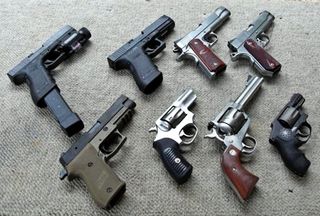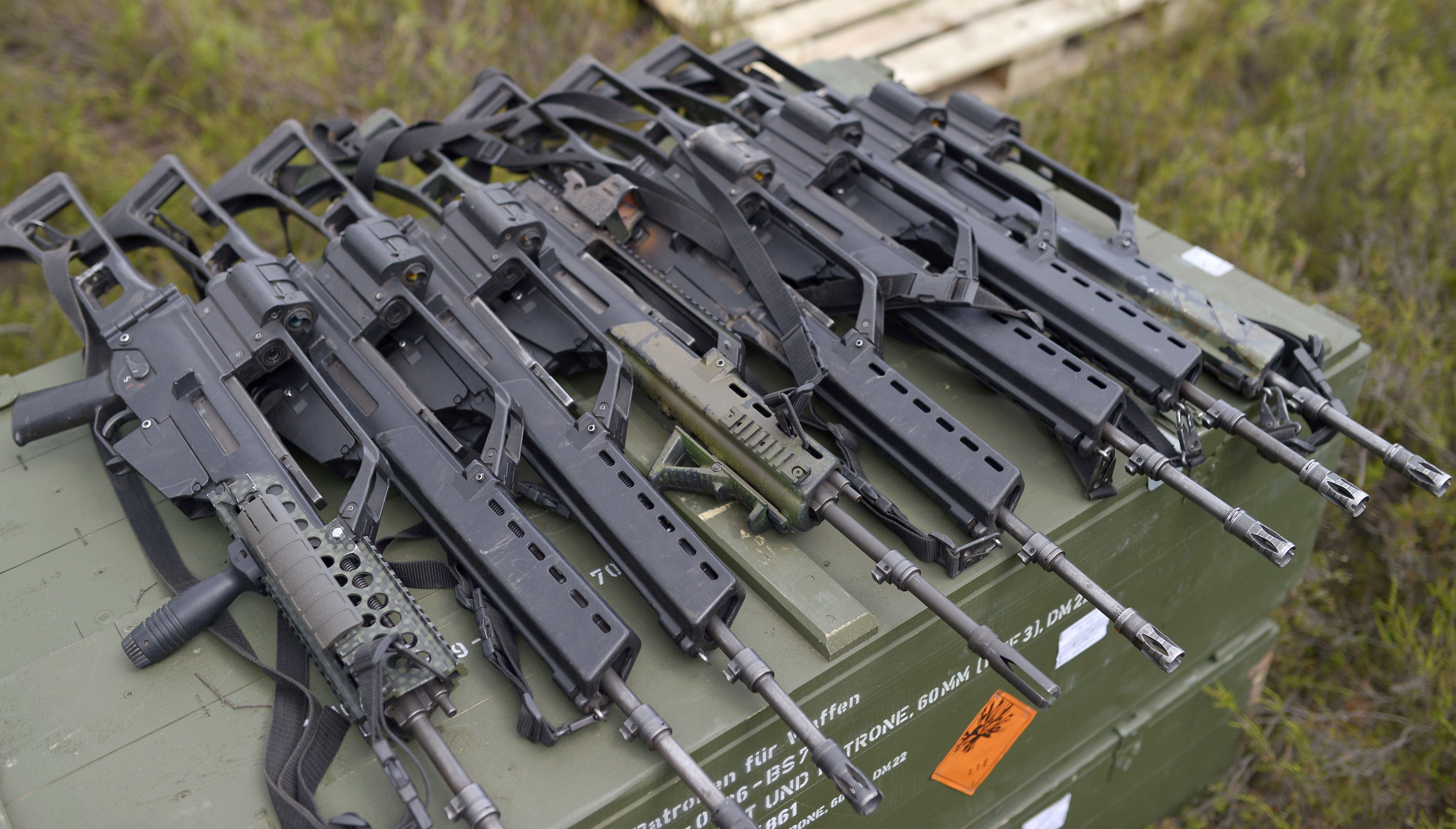
Weapons are mentioned many times in The Hunger Games trilogy and used by many characters, especially during the actual Hunger Games event. At the beginning of every Games, weapons are among the principle supplies found at the Cornucopia, and are initially acquired during the bloodbath. Tributes who do not obtain weapons at this stage must then acquire them later, either from the Cornucopia. KelTec is an innovative manufacturer of high-performance quality firearms, parts, and accessories with unique designs. Under the laws of Florida & the US.
Weapons
/arc-anglerfish-arc2-prod-mco.s3.amazonaws.com/public/KYSCLBZP3VDRNGKXCBXKTRZIOY.png)
A comprehensive term for all instruments of offensive or defensive combat, including items used in injuring a person.
The term weapons includes numerous items that can cause death or injury, including firearms, explosives, chemicals, and nuclear material. Because weapons pose a danger to the safety and well-being of individuals and communities, federal, state, and local statutes regulate the possession and use of weapons.
Weaponsguild.com

A dangerous or deadly weapon is one that is likely to cause death or great bodily harm. A handgun, a hand grenade, or a long knife are examples of deadly weapons. A weapon capable of causing death is, however, not necessarily a weapon likely to produce death. For example, an ordinary penknife is capable of causing death, but it is not considered a deadly weapon.

The regulation of firearms in the United States has proved controversial. Opponents of Gun Control argue that the Second Amendment to the U.S. Constitution makes the right to bear arms an inherent and inalienable right. Nevertheless, federal and state laws regulate who may own firearms and impose other conditions on their use. Nissan titan stock rims for salefasrbean. The passage in 1993 of the Brady Handgun Violence Prevention Act (18 U.S.C.A. § 921 et seq.) was the first major federal gun control law. The Brady Act bars felons and selected others from buying handguns, establishes a five-day waiting period for purchase, requires the local police to run background checks on handgun buyers, and mandates the development of a federal computer database for instant background checks.
The 1994 federal crime bill addressed deadly weapons used by criminals. The law (108 Stat. 1796) banned nineteen assault-type firearms and other firearms with similar characteristics. It limited the magazine capacity of guns and rifles to ten rounds, but exempted firearms, guns, and magazines that were legally owned when the law went into effect.
The deadliness of chemical explosives was demonstrated by the April 1995 bombing of the federal courthouse in Oklahoma City, Oklahoma. In response, Congress passed the 1996 Anti-Terrorism and Effective Death Penalty Act. (P.L. 104-132). The act increases the penalties for conspiracies involving explosives and for the possession of nuclear materials, criminalizes the use of chemical weapons, and requires plastic explosives to contain 'tagging' elements in the explosive materials for detection and identification purposes.
Unless proscribed by statute, possessing or carrying a weapon is not a crime, nor does it constitute a breach of the peace. However, most states make it a crime to carry a prohibited or concealed weapon. The term concealed means hidden, screened, or covered. The usual test for determining whether a weapon is concealed is whether the weapon is hidden from the general view of individuals who are in full view of the accused and close enough to see the weapon if it were not hidden. If the surface of a weapon is covered, the fact that its outline is distinguishable and recognizable as a weapon does not prevent it from being illegally concealed. In addition, most states have enacted laws mandating longer prison terms if a firearm was used in the commission of the crime.
Law enforcement officers who must carry weapons in order to perform their official duties ordinarily are exempted from statutes governing weapons. Private citizens may apply to the local police department for a permit to carry a firearm. Permits are generally granted if the person carries large sums of money or valuables in his or her business, or can demonstrate a particular need for personal protection.
Cross-references

Deadly Force; Self-Defense.